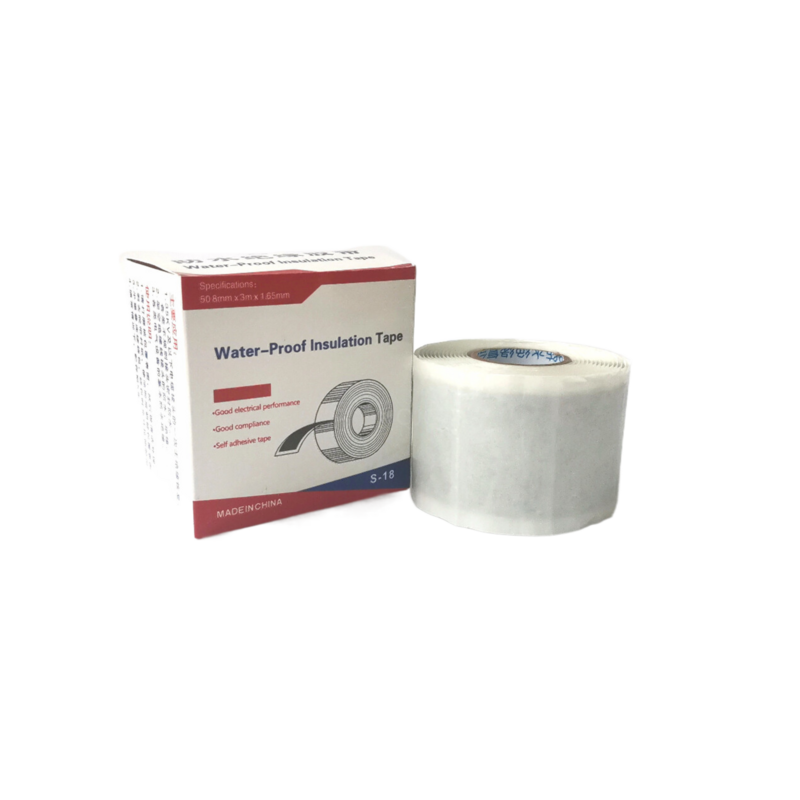Understanding Fiberglass Insulating Tape A Versatile Tool for Electrical Applications
Fiberglass insulating tape is an essential material in the world of electrical insulation. It is widely used across various industries due to its impressive heat resistance properties, mechanical strength, and excellent dielectric capabilities. Composed of woven fiberglass strands coated with a temperature-resistant adhesive, this tape is specifically designed to provide reliable insulation for electrical components and connections.
One of the key advantages of fiberglass insulating tape is its ability to withstand extreme temperatures. Typically rated for use in environments up to 500°F (260°C), it is ideal for applications where traditional insulating materials may fail or degrade. This characteristic makes it especially suitable for use in motor windings, transformers, and other high-temperature scenarios where electrical insulation is critical.
In addition to its thermal stability, fiberglass insulating tape is known for its superior mechanical strength. The woven structure of the fiberglass adds durability, allowing the tape to resist abrasions and tears during installation and operation. This robustness ensures that the tape remains intact under demanding conditions, maintaining its insulating properties over time.
fiberglass insulating tape

The tape is also characterized by its excellent dielectric properties, which prevent electrical current from passing through or leaking out of electrical components. This quality is pivotal in ensuring safety by minimizing the risk of electrical shorts, especially in devices where high voltage is present. The high dielectric strength of fiberglass insulating tape makes it suitable for use in various electrical applications, ranging from automotive to industrial machinery.
Another significant benefit of fiberglass insulating tape is its adaptability. It can be easily cut and shaped to fit various components, making it convenient for technicians and electricians during installation. Furthermore, its resistance to moisture, chemicals, and UV exposure ensures that it can be used effectively in both indoor and outdoor environments without compromising its performance.
Additionally, fiberglass insulating tape is often used in combinations with other insulating materials to enhance overall protection. For example, wrapping it around wire connections can provide an added layer of insulation, safeguarding against environmental factors and providing extra electrical stability.
In conclusion, fiberglass insulating tape is an indispensable tool in electrical insulation, revered for its high heat resistance, mechanical strength, and excellent dielectric properties. Whether used in commercial, industrial, or residential applications, it provides a reliable solution for protecting electrical systems from potential failures. As technology advances and new applications are developed, the significance of fiberglass insulating tape in ensuring safety and efficiency in electrical installations will continue to grow.
-
XIANGFAN Rubber Tape-Ultimate Solutions for All Your Insulation NeedsNewsJun.24,2025
-
XIANGFAN Rubber Tape-Protection for Industrial and Residential ApplicationsNewsJun.24,2025
-
XIANGFAN Rubber Tape: Superior Safety and Sealing for Demanding EnvironmentsNewsJun.24,2025
-
XIANGFAN Rubber Tape: Reliable Solutions for Every Electrical ChallengeNewsJun.24,2025
-
XIANGFAN Electrical & Industrial Tape: Powering Reliability Across IndustriesNewsJun.24,2025
-
XIANGFAN Electrical & Industrial Tape: Excellence in Every ApplicationNewsJun.24,2025
